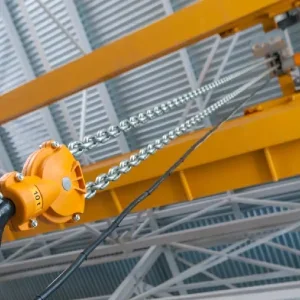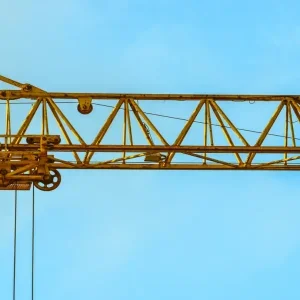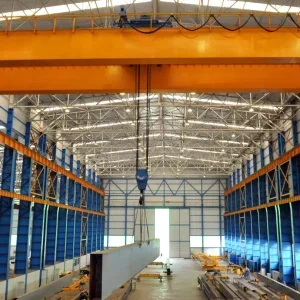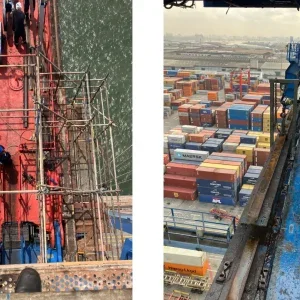Jussi Poikonen, VP, AI & Analytics, awake.ai explains how AI solutions can make the industry more sustainable and improve some of the inefficiencies in the ports sector today, such as how information is not properly shared among ‘actors’ and how there is a lack of predictability, which causes inefficient planning.
Meanwhile, Peter Lundgren, business development manager, South of Europe & Ports, JLT Mobile Computers, explains how android will be increasingly used in the ports industry and recently announced a full spectrum of high-end rugged mobile computing solutions, to serve the French logistics industry under its new brand JLT France, namely its JLT6012 series of vehicle-mount warehouse computers, which now comprises a fully-rugged Android forklift terminal – the JLT6012A.
Finally, Venkatesh Ramakrishnan, head of Maritime Vertical, Nokia, says Nokia provides private 4G and 5G networks for the port authorities and port terminals in the maritime environment.
“Largely this is required for the digitalisation and automation in this particular industry,” he said. “After the tough pandemic we have all seen the challenges within the supply chain and one of the industries facing the brunt of this is the maritime industry, because of the huge traffic and demand.
“One of the ways in which the industry is trying to answer this huge volume demand is with automation ie reliable wireless networks. Traditionally, we have wireless communication solutions which are affected by the metallic environment but what Nokia offers is a dedicated private 4G or 5G network, which can be customised to the demands of a container terminal, and it takes care of reliable connectivity for example, Ship-to-Shore cranes, container handling equipment and drones.”






